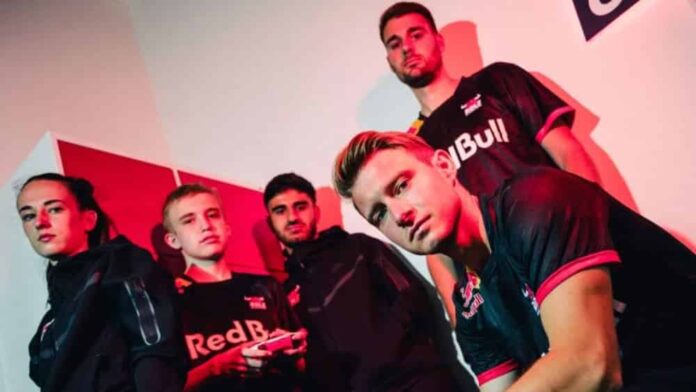Young players are in the spotlight earlier and earlier in eSports – but is being a pro perhaps too early for them? Approaches and areas of responsibility between USK and empirical values.
The last eSport Talk was about youth protection in eSports. Among other things, the focus was on the entry age of gaming talents into the professional sector. A point of contention that has also led and continues to lead to discussions in physical sport.
For example, in 2020, when the DFL approved a motion to lower the minimum age of Bundesliga players to 16 – thus enabling Youssoufa Moukoko’s record debut.
Experience values “you just can’t learn “
EA SPORTS also relies on this age limit for FIFA tournaments. For Dominik Kupilas, who is responsible for eSports at Werder Bremen, this is a sensible regulation: “It removes a certain amount of uncertainty.
However, he sees a more important criterion for the development of a professional: “Experience. You can’t learn that, you just have to do it.” Accordingly, it is legitimate “to let younger people compete there as well”. After all, mistakes made at a young age are not ruled out, but “postponed to a later age”.
Game-dependent ratings inevitable
“You have to be a bit careful in which direction it goes,” eSports commentator Marius Lauer points out. For him, there are “some games where you can do that, but in other games it becomes a bit critical”.
In those, it could simply become too complex: “I think Starcraft 2 with a ten-year-old is a bit hard.” However, more child-friendly games would be “perfectly fine” according to Lauer, who cites the Fortnite World Cup as an example.
USK as a possible guide
Timo Schöber also advocates a game-dependent assessment. The lecturer and book author is a “big fan of the USK”. Sometimes the USK doesn’t do everything right, but it is still “a good instrument that we have in Germany”.
Therefore, orientation on the basis of age restrictions would be one way to ensure age-appropriate professional entry for eSport players. Ultimately, however, it is always a question of subjective ethics.
Ethical considerations are also always in the focus in real sport, for example when it comes to the youth development centres in professional football.
Pablo Thiam, long-time Bundesliga player and head of Hertha BSC Berlin’s football academy, therefore appeals to clubs and organisations: “As soon as a boy joins us, we naturally take on full responsibility for many issues – and you have to weigh that up carefully in advance. “
Meeting responsibility
According to Thiam, it is a matter of “creating the best possible framework conditions” so that talents can develop. This can only be achieved if “the greatest possible amount of information” is collected and evaluated in advance “in discussions with the family, with the boy, with the environment” “before you put the boys through something like this”.
The eSports marketing expert Fabian Voß is also in favour of a similarly individual approach. However, he points out a crucial difference between real and virtual sport. In real sport, “I can’t just put a player from the U12s into the U16s.”
That doesn’t work because of the physical conditions. “It’s quite different in the business of virtual sport: “We can see that a 14-year-old can easily sweep the pros off the pitch at 18 to 21, no question about it. However, it has to be reconsidered whether “that really entitles someone to take part in the big tournaments”.
Individual case review at Anders and co.
In this respect, according to Voß, a minimum age in the style of EA is “on the one hand good”, but on the other hand prevents the entry of gamers who appear mature at an early age: “What would it have been like if Anders had already been from such a mature level at 14 or 15 to be able to put this away?”
In general, for him, an assessment across the whole of eSports is “definitely not possible”. This leaves the case-by-case examination as a tried and tested means: “You have to assess it individually.
Whether it’s a case-by-case assessment, orientation towards the USK or entry barriers for organisers: there will hardly be any general solutions in the very diverse eSports scene. This is precisely why further discussions are needed to find game- and player-specific solutions.
Because for all the deserved recognition for great achievements at a young age, in the words of Pablo Thiam, dealing with talent at a young age is also always about one thing: responsibility.







